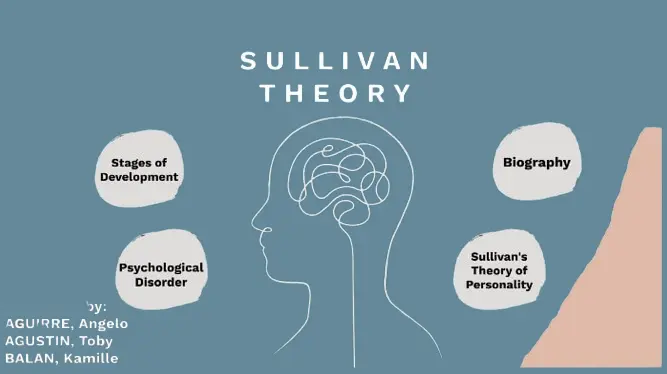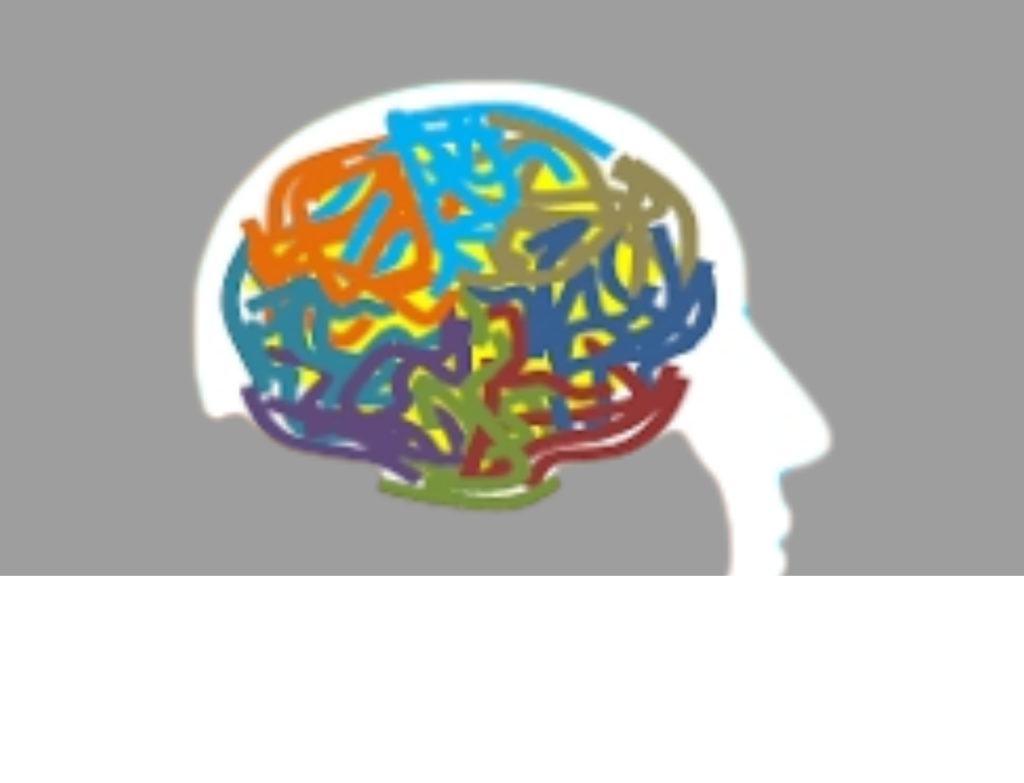A panic attack can be extremely upsetting for the victim and make them consider taking their own life. There are three main reasons why someone could consider suicide during a panic episode. A person may feel impotent due to the severe psychological symptoms of their panic; they may be extremely afraid of the symptoms of their panic attack; or they may feel pessimistic about their condition ever getting better.
Suicidal thoughts or actions during a panic attack are more common among people with anxiety disorders, those who have already tried suicide, and those who have experienced panic attacks. Improving their prognosis can be achieved by teaching them how to defuse a panic attack and by treating them with medicine and counseling.
What is panic attack?
When there is no actual threat, a panic episode is characterized by an intense, unexpected terror that lasts for several minutes. It is accompanied by bodily symptoms, panic, and an overwhelming need to get away from wherever you are. You have panic disorder if you experience these episodes frequently. The attacks are often rather terrifying. Perhaps you’re afraid to have any more. You might even avoid going back to an area where you were attacked. Some people find it extremely difficult to leave their homes because they are terrified of experiencing panic attacks.

Anxiety is a typical reaction to a perceived physical or psychological threat. When faced with a life-threatening situation, your respiration and pulse rate quicken, you begin to perspire, and so on. When the brain causes these responses when there isn’t a potentially threatening circumstance present, panic attacks occur.
The relationship between suicide and panic attacks
Although suicide thoughts are not always the result of panic attacks, the intense physical and psychological symptoms can leave you feeling hopeless and like you are about to die. These emotions could make you more afraid that you won’t be able to stop panic attacks in the future and make you think that suicide is the only practical solution.
Suicide attempts may vary depending on the severity and frequency of panic attacks. The intensity of the thoughts that accompany a panic attack may lead some people to contemplate suicide.
- In certain cases, people may experience a severe feeling of being overtaken by their psychological symptoms during the panic attack. These people could think back on unpleasant situations they’ve had in the past. Intense feelings of being imprisoned within their experience could also occur to them, leading them to believe that they are powerless to stop the attack.
- Some people may think about taking their own life because they have developed a severe fear of the more general symptoms of a panic attack, like feeling as though they are about to die. Feelings of despondency about the possibility of their condition improving can result from this overwhelming worry of developing symptoms.
Suicide warning indicators
Panic disorders can be frightening and depressing conditions. Some people may consider suicide or self-harm as a result of it. If you have any of the following symptoms, it’s critical that you contact a qualified therapist, take any recommended medication as directed, and get assistance straight away:

- Considering ending your life frequently
- preparing a strategy for attempting suicide
- Speaking or writing about ending one’s life
- believing that your issues can only be solved by death
- having a strong desire to arrange your funeral or draft a will
- donating your possessions
- Engaging in hazardous activities, including having sex with an unfamiliar person or drinking and driving
Risk factors for panic attacks
People who experience panic episodes are more likely to commit suicide for a number of reasons. Among them are:
Having a problem with anxiety there is a separate correlation between anxiety disorders—particularly panic disorder—and suicide attempts. Furthermore, more than 70% of people who have tried suicide suffer from an anxiety illness.
- Past suicide attempt: Research indicates that those with a history of attempted suicide are 30–40 times more likely to die by suicide than those without a history.
- A history of panic attacks, particularly in people who fear death.
- Being a woman, widowed, or divorced.
- Abuse of alcohol and other substances.
- An episode of profound depression experienced.
Treatment and Obtaining Assistance
The most urgent thing you can do to reduce the chance of suicide or suicidal thoughts during a panic attack is to learn how to de-escalate your panic attack. Among the techniques to control your body and lessen the emotional and physical symptoms are:

- Breathing deeply: Try inhaling deeply through your nose and exhaling gently through your mouth. Some find it helpful to close their eyes and count slowly from 1 to 5 with each inhalation and exhalation.
- Submerging your face in ice-cold water: This method helps some people by diverting their brain’s neurotransmitters to the painful reaction to the ice-cold water rather than the symptoms of a panic attack. The heart rate, which is frequently elevated during a panic attack, can also be slowed down with ice water.
- Using mindfulness techniques: Remind yourself that panic episodes are temporary and that the symptoms you are experiencing are due to anxiety. Recall that although panic episodes can be frightening, they do not pose a threat to life.
- Physical activity: Increasing your overall well-being frequent physical activity, a balanced diet, and abstaining from alcohol, caffeine, and other recreational drugs can all help to enhance overall wellbeing and lessen the underlying emotions that trigger panic episodes.
The following treatments will help address any suicidal thoughts you may have during or in between panic attacks, as well as the underlying reasons of your panic attacks:
- Speaking with your doctor: Getting support from a specialist can help you understand why you are having panic attacks and suicidal thoughts, and talking to your doctor is a helpful first step in that direction. They could recommend a mix of the following:
- Taking drugs to manage anxiety symptoms, such as antidepressants or medications for epilepsy, can help to lessen anxiety symptoms.
- Getting counseling via discussion, such as cognitive behavioral therapy (CBT).
- Looking into support groups and resources for suicidal prevention.



